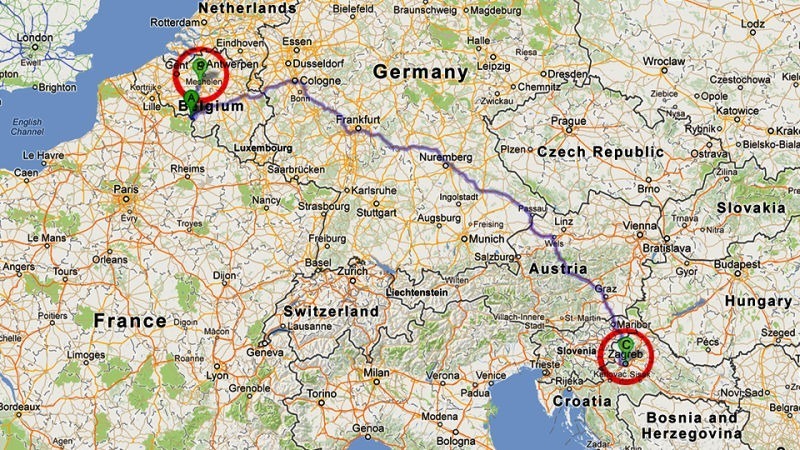Why it’s not always a good idea to outsource our brains to technology (or to others)

.
Ignore the GPS. That Ocean Is Not a Road (The New York Times):
“…In perhaps the most infamous incident, a woman in Belgium asked GPS to take her to a destination less than two hours away. Two days later, she turned up in Croatia…
We seem driven (so to speak) to transform cars, conveyances that show us the world, into machines that also see the world for us.
A consequence is a possible diminution of our “cognitive map,” a term introduced in 1948 by the psychologist Edward Tolman of the University of California, Berkeley…he argued that rats had the ability to develop not only cognitive “strip maps” –simple conceptions of the spatial relationship between two points–but also more comprehensive cognitive maps that encompassed the entire maze.
Could society’s embrace of GPS be eroding our cognitive maps?
Study: Cognitive maps in rats and men (classic paper published in The Psychological Review)
- Abstract: This paper is devoted to a description of experiments with rats, mostly at the author’s laboratory, and to indicating the significance of these findings on rats for the clinical behavior of men. While all students agree as to the facts reported, they disagree on theory and explanation. 5 kinds of experiments (latent learning, vicarious trial and error, searching for the stimulus, hypotheses, and spatial orientation) are described and discussed. The conditions which favor (cognitive) narrow strip-maps and which favor broad comprehensive maps in rats and in men are considered. Narrow strip-maps seem to be indicated by (1) a damaged brain, (2) an inadequate arrangement of environmentally presented cues, (3) a surplus of repetitions on the original trained-on path, and (4) the presence of too strongly frustrating conditions. The fourth point is elaborated. It is contended that some of the psychological mechanisms which clinical psychologists and other students of personality have uncovered as factors underlying many individual and social maladjustments can be interpreted “as narrowings of our cognitive maps due to too strong motivations or to too intense frustrations.
To learn more about cognition, orientation and more:


